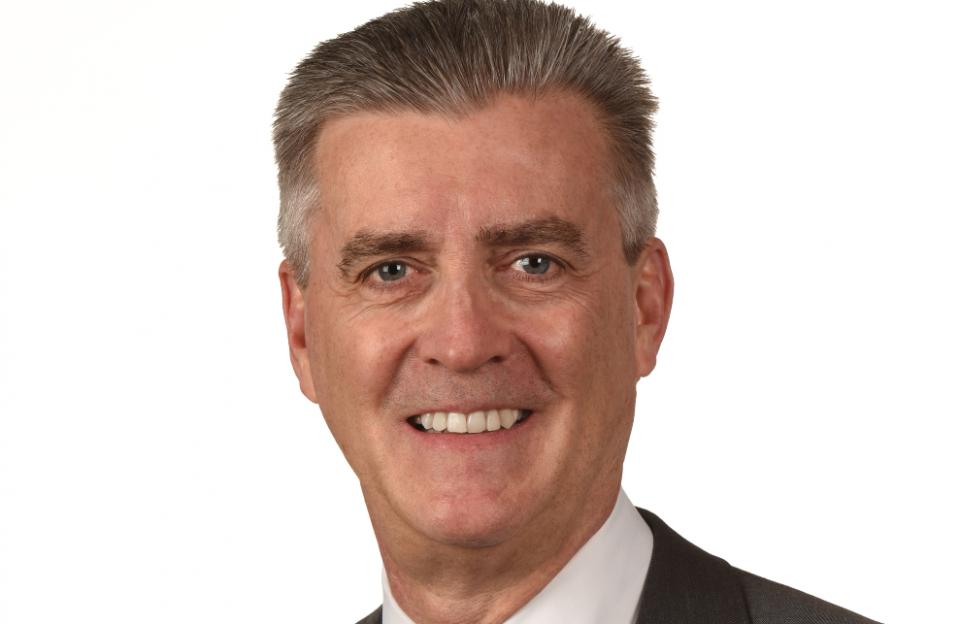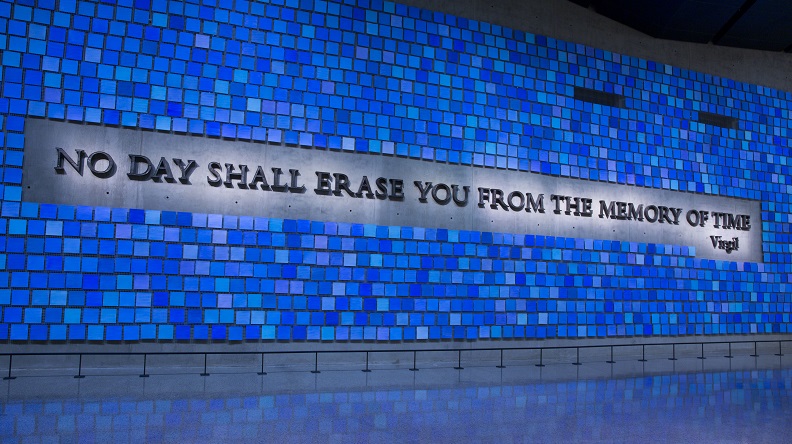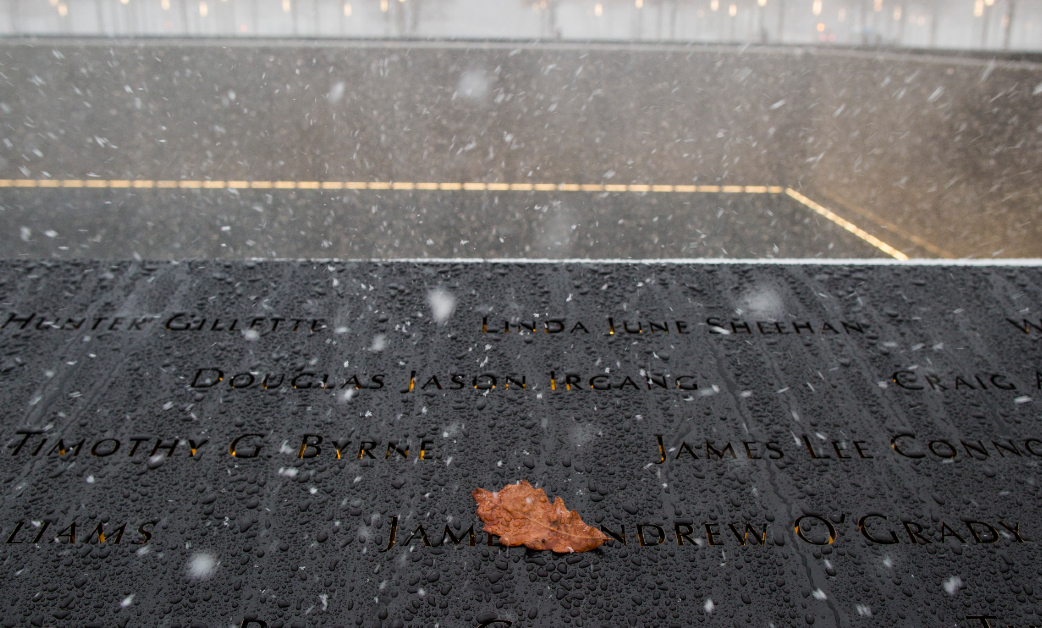Make a donation to the Museum
A Q&A with Ambassador Richard Olson on American Troop Withdrawals in Afghanistan
A Q&A with Ambassador Richard Olson on American Troop Withdrawals in Afghanistan

Former U.S. State Department diplomat and current senior advisor at the United States Institute of Peace, Ambassador Richard Olson will participate in the virtual public program "The Long War in Afghanistan: How Does it End?" to discuss the profound challenges and opportunities in the ongoing diplomatic efforts in light of the start of American troop withdrawals in Afghanistan.
Visit our watch live page on Thursday, December 17, 3:00 p.m. ET to take part in the virtual program.
How do you think President Trump’s planned withdrawal of troops from Afghanistan will change the U.S. diplomatic landscape?
In Afghanistan, the halving of U.S. forces tends to undercut the government of Afghanistan’s leverage in its negotiations with the Taliban. The Taliban’s principal objective is the expulsion of foreign forces and U.S. unilateral decisions encourage their obstinacy. The alternative would be to draw down forces as the Taliban makes concessions to the Afghan Government.
What might the withdrawal of troops from Afghanistan mean for political stability in the broader region?
Afghanistan’s neighbors are supportive of the Afghan peace process; they want to see an end to the war but not in a way that results in the Taliban coming to power. So, while many of these countries would prefer that the U.S. eventually withdraw its forces, they would not want to see this departure happen in a sudden manner that leaves a power vacuum and intensified fighting in its wake.
With this withdrawal, where do you see the new frontlines of counterterrorism efforts forming?
It’s important to note that counterterrorism efforts have changed considerably since our intervention in Afghanistan in 2001. Current [counterterrorism] efforts are more focused on working with, by and through local partners rather than large scale occupations of foreign countries. So, the question in Afghanistan is whether the peace process will generate a partner that we can continue to work with in a common fight against terrorism.
Have you visited the 9/11 Memorial & Museum previously, and if so, what was your experience?
I have visited the Memorial and found it very moving. I am one of many whose life was changed by 9/11. On the day of the attack, I was a diplomat serving in the Middle East (Dubai) and the following 15 years of my foreign service career took me to Iraq, Afghanistan, and Pakistan – all countries in which the legacy of 9/11 looms large. So, revisiting the site the tragedy brought back memories of the conflicts that have dominated our history since that fateful day, conflicts in which I participated and lost friends.
By 9/11 Memorial Staff
Previous Post
Stories of Hope: 2,983 Shades of Blue

Though some of the tiles in Spencer Finch's “Trying to Remember the Color of the Sky on That September Morning” might appear to share the same color, in fact, they’re each a distinct shade of blue made to represent the collective memory of the blue sky above New York City that morning.
Next Post
9/11 Memorial & Museum Closed Thursday Due to Snow

The 9/11 Memorial & Museum will be closed on Thursday, December 17 as a major snow storm affects the tri-state area.